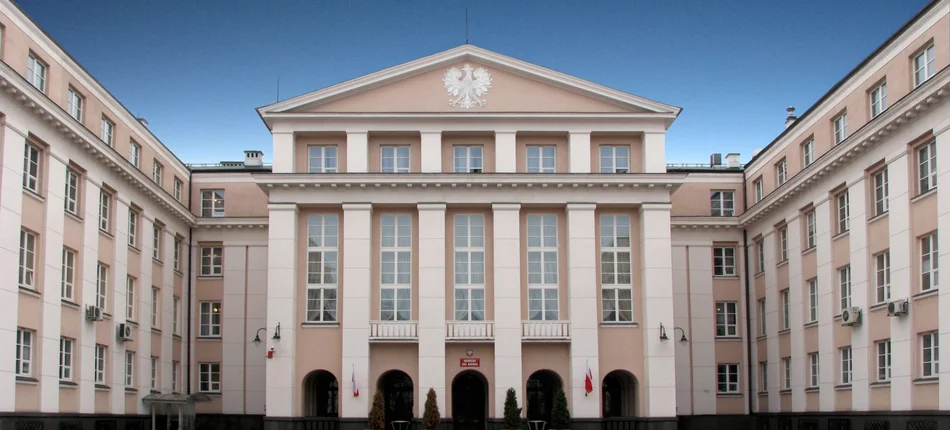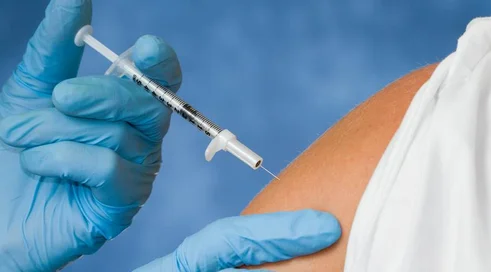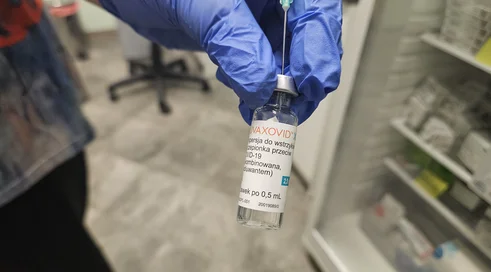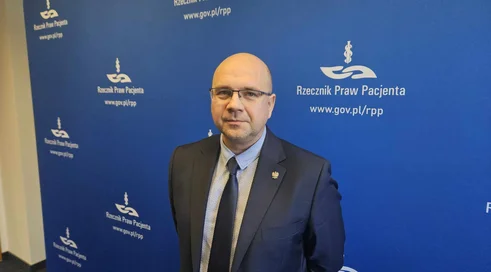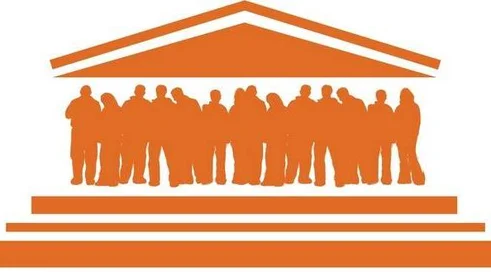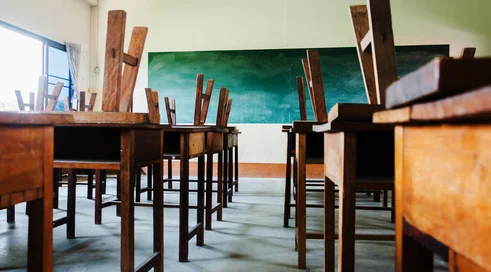In 2019-2021, nearly three million families struggling with various types of difficulties benefited from social assistance in Poland. During the COVID-19 pandemic, the number of families seeking help successively decreased, which was heavily influenced by restrictions on movement or the change in the form of contact from in-person to remote.
The results of the NIK audit also show that in the pandemic the number of people using the services provided by the audited institutions declined from year to year. The regulations in force in connection with the pandemic forced aid institutions to take a number of measures, which were primarily intended to ensure the continuity of operations and the safety of staff and beneficiaries.
The Chamber's auditors conducted a questionnaire survey on the provision of support and assistance to individuals and families during the COVID-19 pandemic. The survey covered all OPS (2434) and PCPR (371) in the country, excluding the audited entities. At the request of the NIK, 1588 OPS (65 percent) and 268 PCPR (72 percent) completed the questionnaires. Among the key difficulties in carrying out support and assistance tasks for individuals and families during the COVID-19 pandemic, 83 percent of the surveyed OPS and 91 percent of PCPR respondents pointed primarily to restrictions on movement and face-to-face contacts. Inadequate conditions (or even a lack of conditions) for carrying out these tasks were also a problem (in 43 percent of OPS and 30 percent of PCPR), as well as the inadequacy of procedures and regulations to meet pandemic conditions (33 percent and 25 percent, respectively). In 15 percent of OPS and 17 percent of PCPR, the reason for this situation was the lack of specialists, and in 12 percent and 9 percent, respectively, insufficient funds to provide the necessary equipment and personal protective equipment for employees.
The Chamber stresses that due to the COVID-19 pandemic, social welfare units were burdened with additional tasks. All of the PSOs assisted people in quarantine or isolation by providing them with medicines and foodstuffs.
According to the NIK auditors, individuals and families experiencing difficulties in pandemic COVID-19 received the necessary support. Both the OPS and PCPR discerned the needs of local communities, and then adjusted the conditions for providing support, changing the form and method of providing it de...
Content locked
To gain access to the complete English section of the Medexpress.pl, kindly reach out to us at [email protected].



